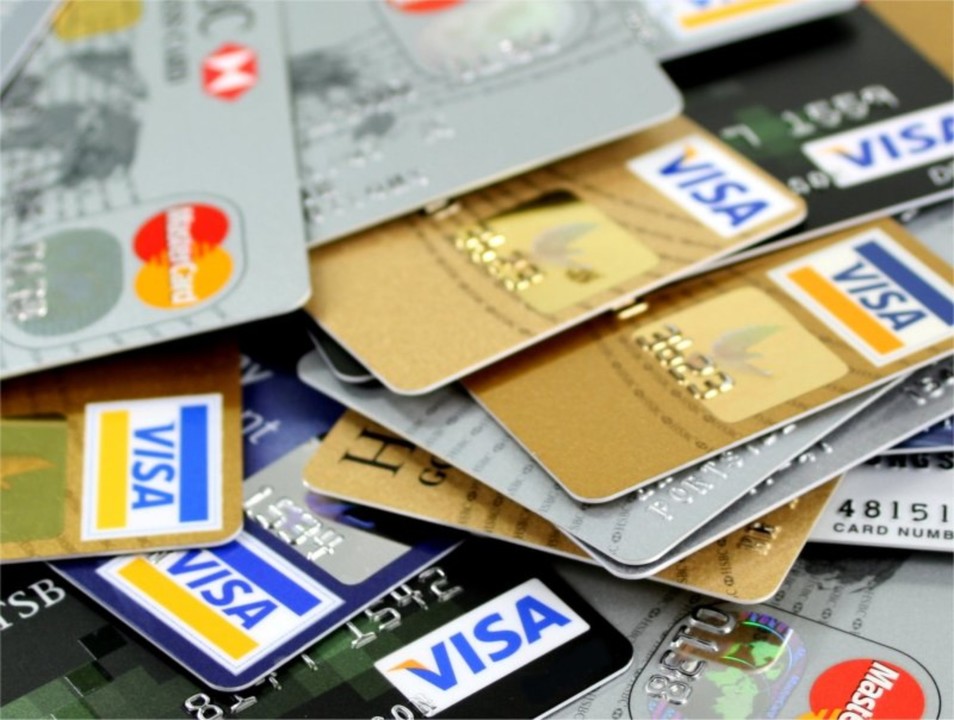In today’s digital age, protecting your credit card information is paramount to safeguarding your financial well-being. With the prevalence of data breaches and sophisticated scams, it’s essential to take proactive steps to prevent fraud and identity theft. In this guide, we’ll share practical tips for keeping your credit card information secure and minimizing the risk of unauthorized transactions.
1. Keep Your Card Secure:
- Store your credit cards in a safe and secure location, such as a wallet or cardholder.
- Avoid sharing your credit card information with anyone unless it’s necessary for a legitimate transaction.
2. Monitor Your Account Activity:
- Regularly review your credit card statements and transaction history for any unauthorized or suspicious activity.
- Set up account alerts to receive notifications of unusual transactions or account changes.
3. Use Secure Websites and Devices:
- When making online purchases, ensure that you’re using a secure website with encryption (look for “https://” in the URL).
- Avoid entering your credit card information on public or unsecured Wi-Fi networks.
- Keep your devices (such as computers, smartphones, and tablets) updated with the latest security patches and antivirus software.
4. Be Wary of Phishing Attempts:
- Exercise caution when responding to unsolicited emails, text messages, or phone calls requesting personal or financial information.
- Verify the legitimacy of any communication by contacting the company directly using official contact information.
5. Protect Your Personal Information:
- Avoid sharing sensitive information such as your Social Security number, date of birth, or passwords unless absolutely necessary.
- Use strong, unique passwords for your online accounts, including your credit card account and email.
6. Enable Security Features:
- Take advantage of security features offered by your credit card issuer, such as two-factor authentication or biometric authentication (e.g., fingerprint or facial recognition).
- Consider using virtual credit card numbers or digital wallets for online transactions to add an extra layer of security.
7. Act Quickly If You Suspect Fraud:
- If you believe your credit card information has been compromised or you notice unauthorized activity on your account, contact your credit card issuer immediately to report the issue and request a card replacement.
- Consider placing a fraud alert or credit freeze on your credit report to prevent unauthorized accounts from being opened in your name.
Conclusion: By following these credit card safety tips and remaining vigilant, you can reduce the risk of fraud and protect yourself against identity theft. Remember to stay informed about the latest security threats and take proactive measures to keep your credit card information secure. By taking these precautions, you can enjoy the convenience of credit card usage with peace of mind.
